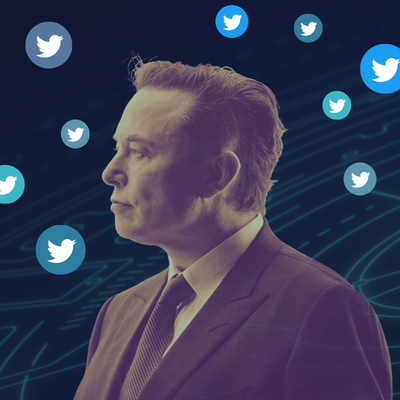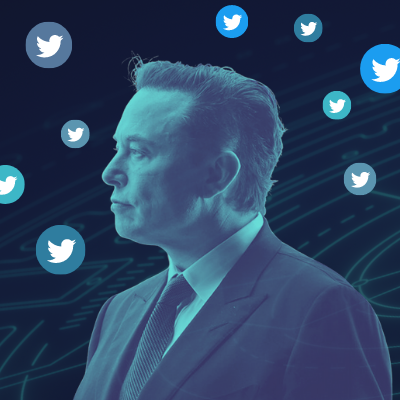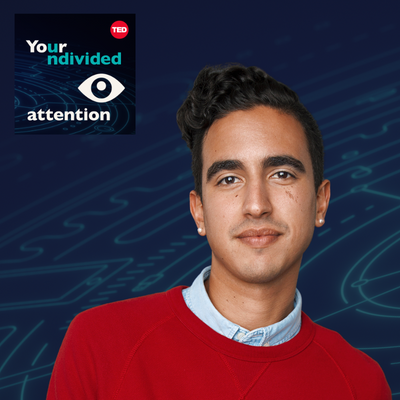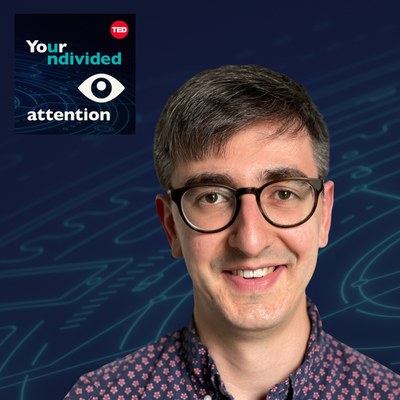Spotlight | Oct 27, 2022
Elon, Twitter and the Gladiator Arena
Since it’s looking more and more like Elon Musk, CEO of Tesla and SpaceX, will probably soon have ownership of Twitter, we wanted to do a special episode about what this could mean for Twitter users and our global digital democracy as a whole.
Twitter is a very complicated place. It is routinely blocked by governments who fear its power to organize citizen protests around the world. It’s also where outrage, fear and violence get amplified by design, warping users’ views of each other and our common, connected humanity.
We’re at a fork in the road, and we know enough about humane design principles to do this better. So we thought we would do a little thought experiment: What if we applied everything we know about humane technology to Twitter, starting tomorrow? What would happen?
This is the second part in a two-part conversation about Twitter that we’ve had on Your Undivided Attention about Elon Musk’s bid for Twitter and what it could mean in the context of the need to go in a more humane direction.
Major Takeaways
Twitter plays an influential role in determining where and what we look at, even though its user base is small compared to other social media platforms. Many journalists decide what to report based on trending topics on Twitter. Television producers watch the trending list and make content that responds to what’s happening in real time.
If we frame the problem with Twitter as being free speech vs censorship, we are missing the point that Twitter itself is bad for shared understanding. We started respecting individual liberties in a different time, one without synthetic media, 3D printers, and decentralized bioweapons.
Let’s solve the bot problem before we replatform anyone. Bots tend to swarm around the most divisive, polarizing people, potentially spreading disinformation up to 800 times per hour. Even if only 5% of users are bots, that small percentage can generate up to 80% of Twitter’s total activity. Simply limiting user posts to perhaps 5-10 per hour would go a long way in solving the bot problem.
Twitter has become a violent “gladiator arena.” Implementing small fixes like identity verification is the equivalent of checking ID before letting someone into a gladiator arena. We need to change the game beyond tweaking the rules of entry. The problem with Twitter is Twitter itself.
Our values and institutions need to evolve. At Center for Humane Technology, we often quote E.O. Wilson's claim that the fundamental problem of humanity is that we have paleolithic emotions, medieval institutions, and god-like technology. Medieval institutions include our laws about technology and free speech, and the philosophy and concepts behind them. We need a 21st century vision of an open society that is able to upgrade our “zombie values” and “zombie institutions.”
Other recommended reading
On Liberty by John Stuart Mill
Published in 1859, this philosophical essay applies Mill's ethical system of utilitarianism to society and state
Elon Musk Only Has “Yes” Men by Jonathan L. Fischer
Reporting from Slate on the subject of Elon and Twitter
Foundations of Humane Technology
The Center for Humane Technology's free online course for professionals shaping tomorrow's technology



